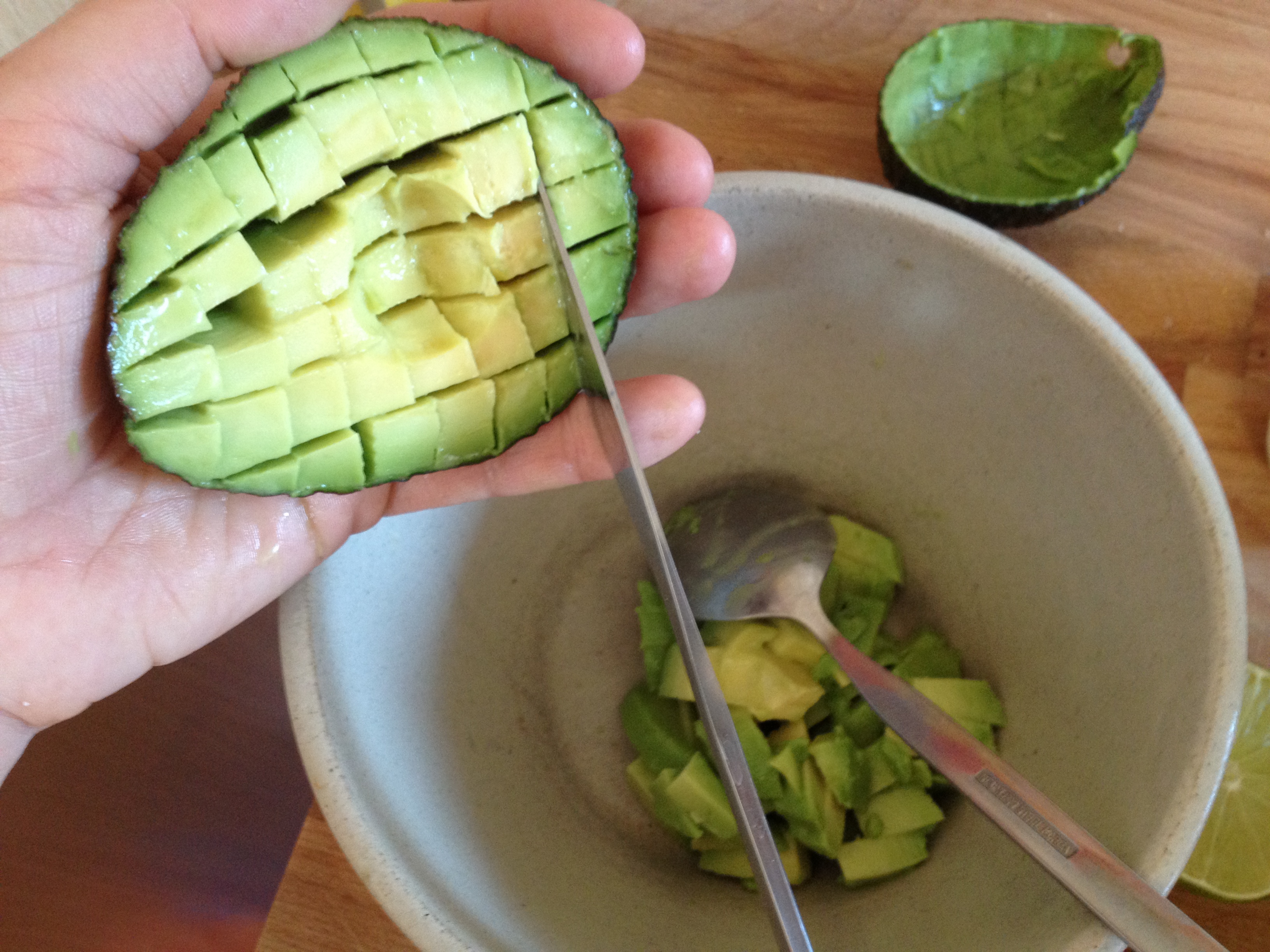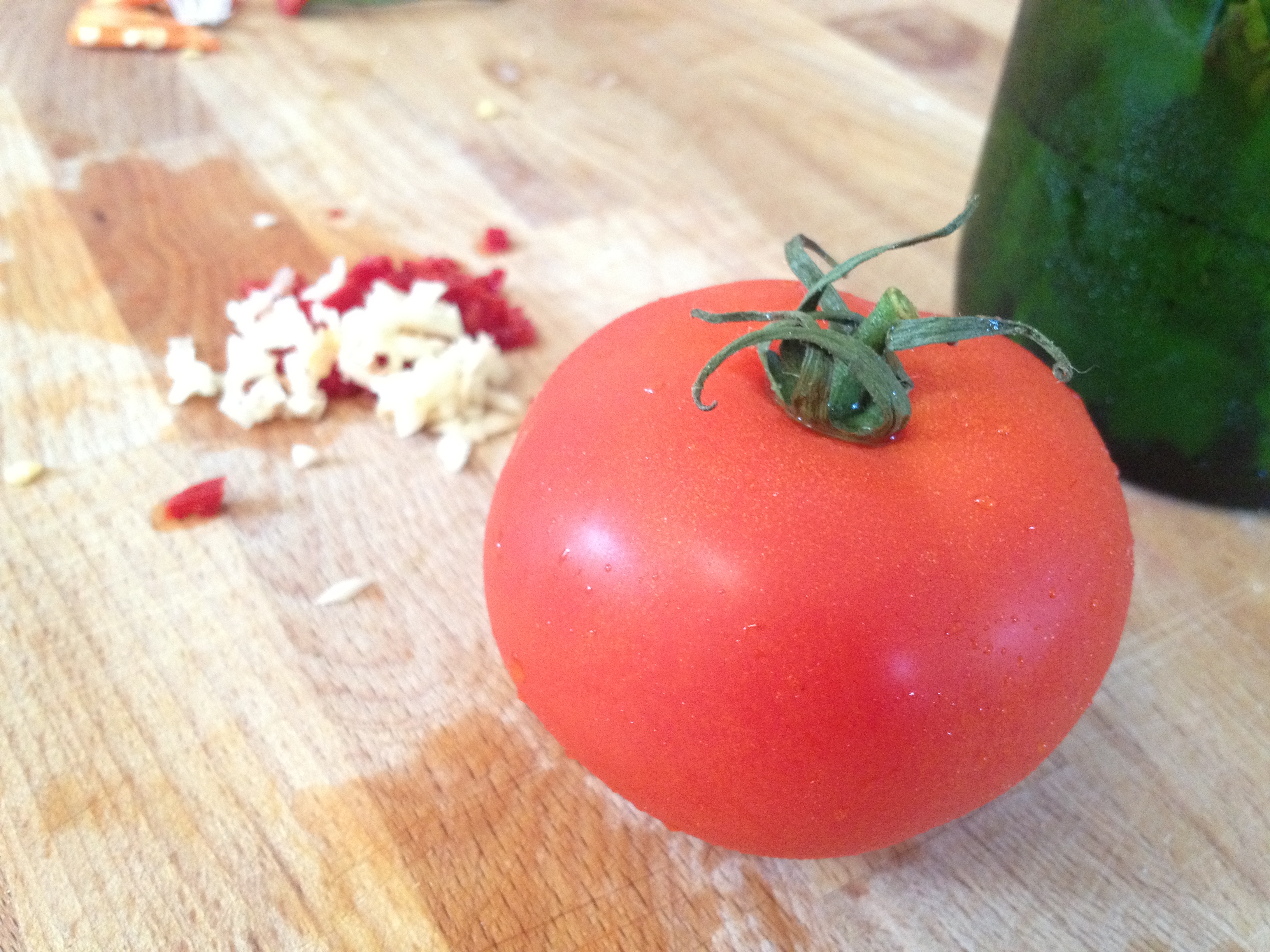So it's autumn, and the markets are bulging. There have been comments in the media repeatedly recently about how the awful summer has made for bad harvests and so on, and I'm sure that's right - I saw it in the fields in Cornwall in the summer - but it hasn't shown up at our farmers' market yet. Even so, I'm doing a bit of trying to eat less meat and make more of the vegetables and generally reduce our impact a bit, as well as minimising the hit to wallet, waistline and world that meat represents. In fairness, this is made a bit easier because Brixton farmers' market doesn't have what I regard as a stellar meat stall, so I'm safe enough. When nobody has big hunks of ham hock or pork shoulder sitting out in pride of place on their stall, it's easy enough not to have made carnitas for dinner again.
I've never been that hot at gnocchi - they always fall apart or come out gummy or both. I know you need to keep the amount of flour down to minimise the chew, but you do need some to keep them together and so on. I think I hit on the answer this time: a good firm fleshed pumpkin. The ordinary butternuts are too wet. If they're what you have to use, chop then roast, rather than steam, to maximise the amount of water you drive off.
Somehow these became a speedy we've-been-wandering-around-town-all-day dinner. They're quicker than you think, really. All the time is in the prepping and steaming of the veg and the rest is easy.
Pumpkin gnocchi
This recipe makes enough for four, but they freeze really well if you lay them out on a tray lined with baking parchment in your freezer overnight and transfer them to a freezer bag when you next need the tray or the space in the freezer. You can cook them straight from frozen, too - they take one whole minute longer...that's all. Instant dinner!
The method I was vaguely following (this one from the Independent) told me I needed 160g plain flour. I didn't, I needed less, and then felt I needed less even than I'd used. As I said above, you need to err on the side of less, but you'll need to be the judge of your own dough.
A good pinch of salt
Make the dressing at this point, so that you can heat it up when the gnocchi are boiling.
Let the veg steam dry and cool for a few minutes before mashing or passing it all together through a potato ricer (which is a thing which looks like a giant garlic press and I only own because I inherited it from my grandmother...the average kitchen shop will have one!). Add a pinch of salt and around 80g of plain flour. Mix together - it should form a very soft dough. You're looking I think for something which holds together and which can, with the aid of flour, be persuaded not to stick to too many things. I suspect you'll need around 120g of flour in total, but start lower and work up.
Gnocchi are magic, and sink to the bottom until they're cooked, and then bob up to be fished out by you with your slotted spoon.
Cobnut butter dressing with rosemary
A sprig of rosemary (thyme would similarly have been lovely, but neighbours don't leave thyme bushes invitingly hanging over their garden walls for casual passersby to harvest the odd needle from...)
A pinch of chilli flakes (optional)
Method
































